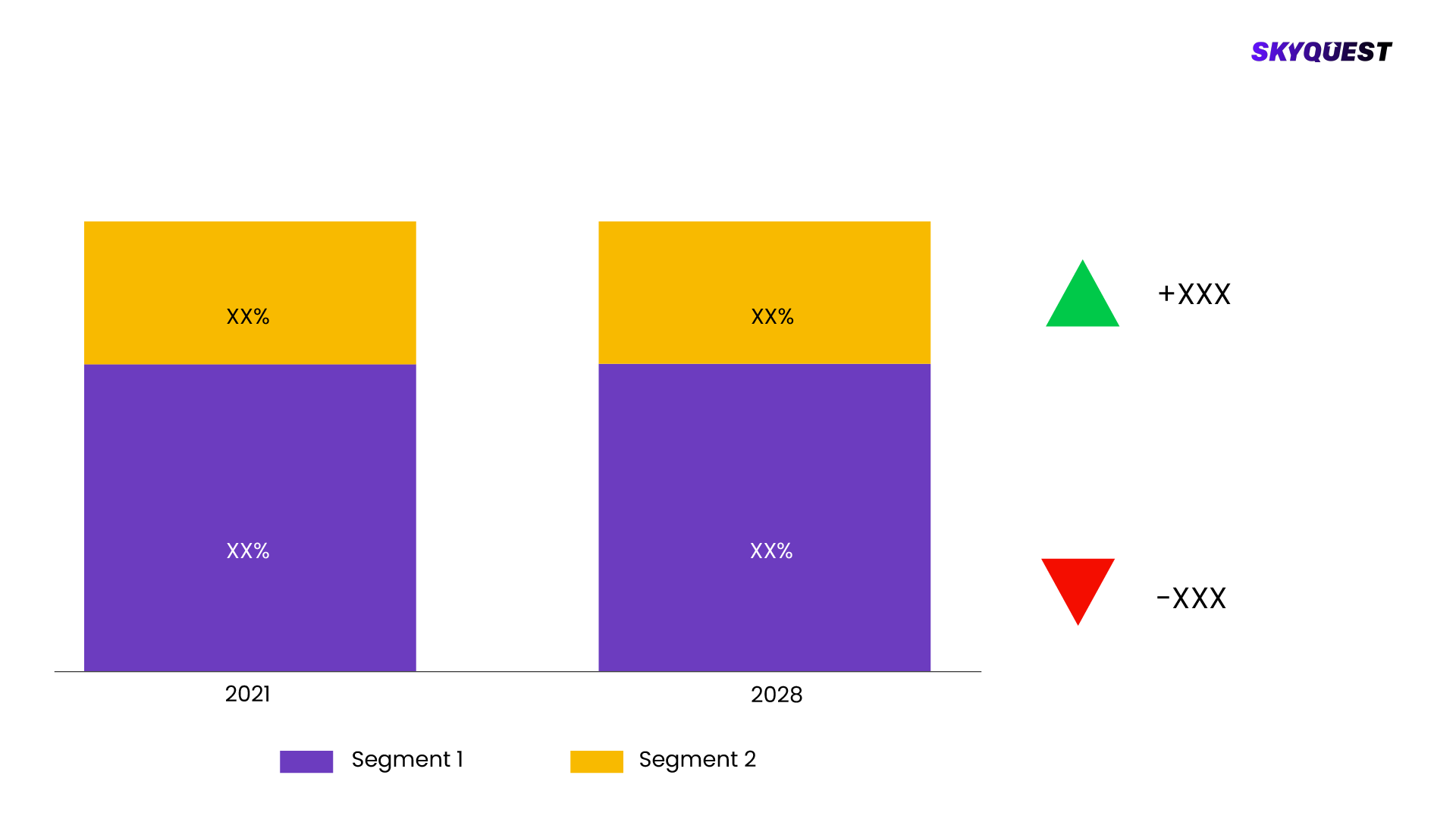The key players operating in the global Corrosion Resistant Alloys Market are are, therefore, involved in developing various techniques that contribute toward the advancements of these products., However, the volatile raw material prices are anticipated to hinder the growth over the forecast period. Nickel, titanium, iron, chromium, cobalt, and molybdenum are some of the major raw material sources used for the manufacturing of different grades of corrosion-resistant alloys. A combination of these metal materials can promote higher corrosion resistance in comparison to carbon steel components., Type Insights, The global nickel-based alloys market was valued at USD 4,126.0 million in 2016 and is anticipated to register a CAGR of 7.1% over the forecast period. Nickel-based products have nickel as the base metal. Iron, chromium, and molybdenum metals can be added and used in various corrosive environments as the metals provide high resistance properties under severe conditions., Nickel-based products are majorly used in aircraft gas turbines, steam turbine power plants, medical applications, chemical & petrochemical industries, nuclear power systems, and automotive components. These are one of the toughest structural materials and possess good electrical conductivity and magnetic properties. Nickel-based products are selected based on their features such as excellent high temperature and high corrosion resistance, constant wear, and stress-rupture failures in the aerospace industry., Application Insights, The demand in North America for the automotive & transportation industry stood at USD 440.1 million in 2016 and is predicted to expand at a CAGR of 7.2% from 2017 to 2025. The presence of major aerospace & defense industry players in the region is anticipated to fuel the growth over the forecast period. Lockheed Martin Corporation; The Boeing Company; Raytheon Company; General Dynamics Corporation; United Technologies Corporation; and BAE Systems are some of the key industry players in North America that are fueling the product demand., The chemical processing industry is often associated with the oil & gas downstream segment, both of which operate the same plant. High-tech alloy materials are used in the modern processing plants, which are also multipurpose, as they are resistant to various types of corrosive environments. This segment consists of transformation processes for oil & gas to produce fibers, plastic, films, paints, adhesives from olefins, and aromatics to several monomers & polymers (basic & engineered)., In terms of revenue, the energy & power segment is anticipated to progress at a CAGR of 5.8% in the coming years. The consumption of corrosion resistant alloys in the segment accounted for 8.9% of the total North American share in 2016., Regional Insights, Asia Pacific is anticipated to emerge as a major player in the global market over the forecast period driven by the robust growth in various end-use industries such as aerospace & defense, automotive, energy & power, and other industries. Continuous R&D activities by industry players are expected to increase the product demand over the forecast period., A large number of industry players are involved in various strategic initiatives to expand their presence. For instance, in an attempt to meet the demand for high-strength and anti-corrosion steel, Nippon Steel & Sumitomo Metal Corporation (NSSMC) and PT Krakatau Nippon Steel Sumikin (KNSS) in July 2017 established a joint venture in Indonesia to manufacture and sell automotive flat steel products., Iron-based corrosion resistant segment is anticipated to be the fastest-growing in Asia Pacific, denoting a CAGR of 8.4% over the forecast period. Robust growth in various end-use industries is anticipated to spur the demand for iron-based products over the forecast period. The products are widely used in industrial applications such as medical devices & tools, construction materials, aerospace, military, and magnetic wires., Corrosion Resistant Alloys Market Share Insights, The competition in the global market is highly intensive and integrated with the presence of major companies capturing a major portion of the revenue share in 2016. , Corrosion-resistant alloys are supplied through wholesalers, retailers, direct agreements between market players & distributors, or third-party supply agreements. Several manufacturers are adopting the forward integration technique, which enables them to sell their products directly. Corrosion Resistant Alloys, L.P. is a major manufacturer and supplier that is involved in forward integration across the globe., KEY MARKET SEGMENTS, By Type , Iron-based Alloys, Nickel-based Alloys, Cobalt-based Alloys, Others, By End-use , Oil & Gas, Automotive & Transportation, Aerospace & Defense, Energy & Power, Industrial, Others, By Region , North America, Europe, Asia Pacific, Central & South America, MEA, KEY PLAYERS, Corrosion Resistant Alloys, L.P., Haynes International, Inc., Carpenter Technology Corporation, Eramet S.A., Advanced Metallurgical Group, VDM Metals, Hitachi Metals MMC Superalloy, Ltd., Special Metals Corporation.



